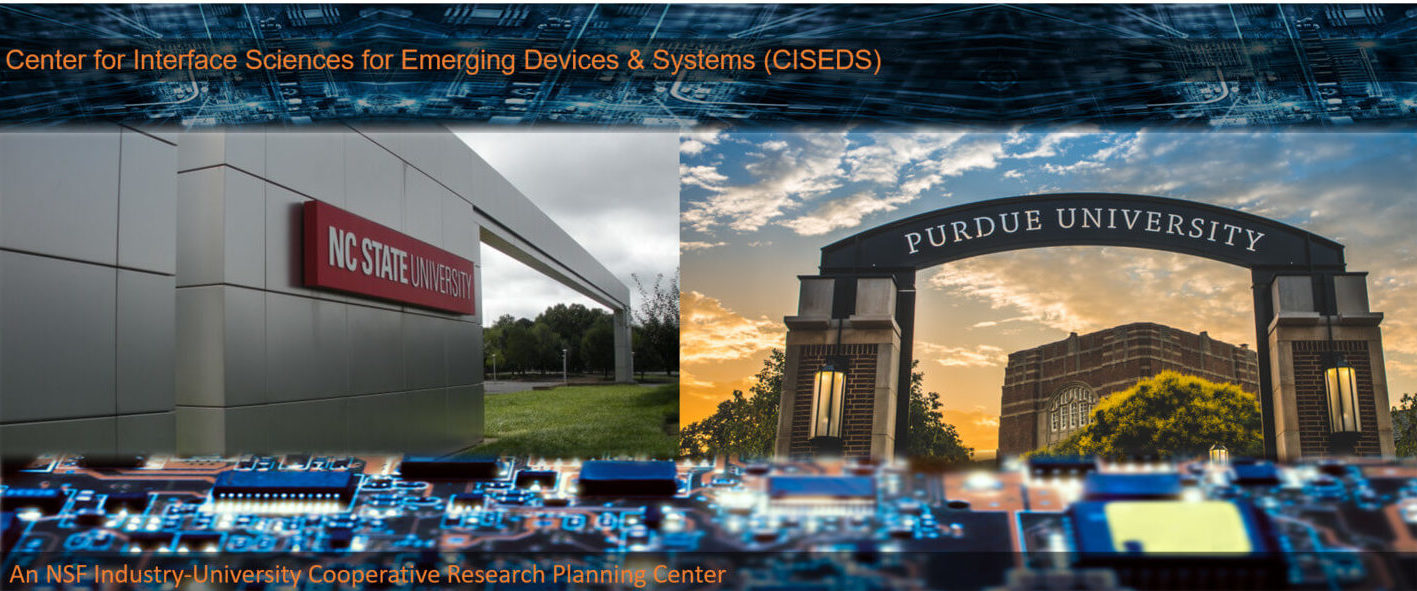Flexible and Stretchable Electronic Devices
Flexible and stretchable electronic devices are a rapidly growing area of research, as they have the potential to revolutionize the way we interact with technology. These devices are made of materials that can bend, stretch, and conform to a wide range of surfaces and shapes. They can be used in a variety of applications such as healthcare, robotics, and wearable technology.
However, there are several challenges that need to be addressed in order to develop these devices into practical and reliable products. Some of the main challenges include:
The CISEDS research center is dedicated to addressing these challenges by conducting cutting-edge research on flexible and stretchable electronic devices. We will investigate the use of advanced materials and fabrication techniques, as well as the development of new testing and characterization methods to ensure the reliability and performance of these devices. Additionally, We will perform research on interfacing these devices with the human body in a safe and efficient way.
Our goal is to develop flexible and stretchable electronic devices that are reliable, efficient, and safe to use, and that can be used in a wide range of applications. The research that we perform at CISEDS will play a critical role in advancing the field of flexible and stretchable electronic devices, and will help to overcome the challenges that come with the development of these devices.
Recent advances in thermoelectric and triboelectric materials have greatly increased the potential for flexible thermoelectric and triboelectric generators. Thermoelectric materials researchers have been investigating new thermoelectric materials such as skutterudites, half-Heusler compounds that have higher thermoelectric figure of merit (ZT) values than traditional materials. These materials have the potential to improve the efficiency of flexible thermoelectric generators.
Triboelectric materials researchers have been also investigating new triboelectric materials such as polymers, carbon nanotubes and graphene that can produce a higher charge output than traditional triboelectric materials such as nylon and polyester. Additionally, new fabrication methods such as 3D printing, electrospinning and spray coating can be used to create flexible triboelectric generators with high performance.
Hybrid thermoelectric triboelectric generators (FTTEGs) are an innovative technology that combines the principles of thermoelectric and triboelectric generation to convert thermal and mechanical energy into electrical energy. They are particularly suitable for wearable and textile applications as they are flexible, stretchable and can be integrated into a wide range of flexible and stretchable materials. These generators have the potential to generate power from a variety of sources such as body heat, ambient temperature, and movement.
The CISEDS center is dedicated to research on hybrid thermoelectric triboelectric generators to overcome the challenges of developing these devices for wearable and textile integration applications. Some of the challenges that we focus on include:
By addressing these challenges, we aim to develop hybrid thermoelectric triboelectric generators that are reliable, efficient, and safe to use, and that can be integrated into a wide range of wearable and textile applications. Our research at CISEDS will play a critical role in advancing the field of hybrid thermoelectric triboelectric generators, and will help to overcome the challenges that come with the development of these devices for wearable and textile applications.
